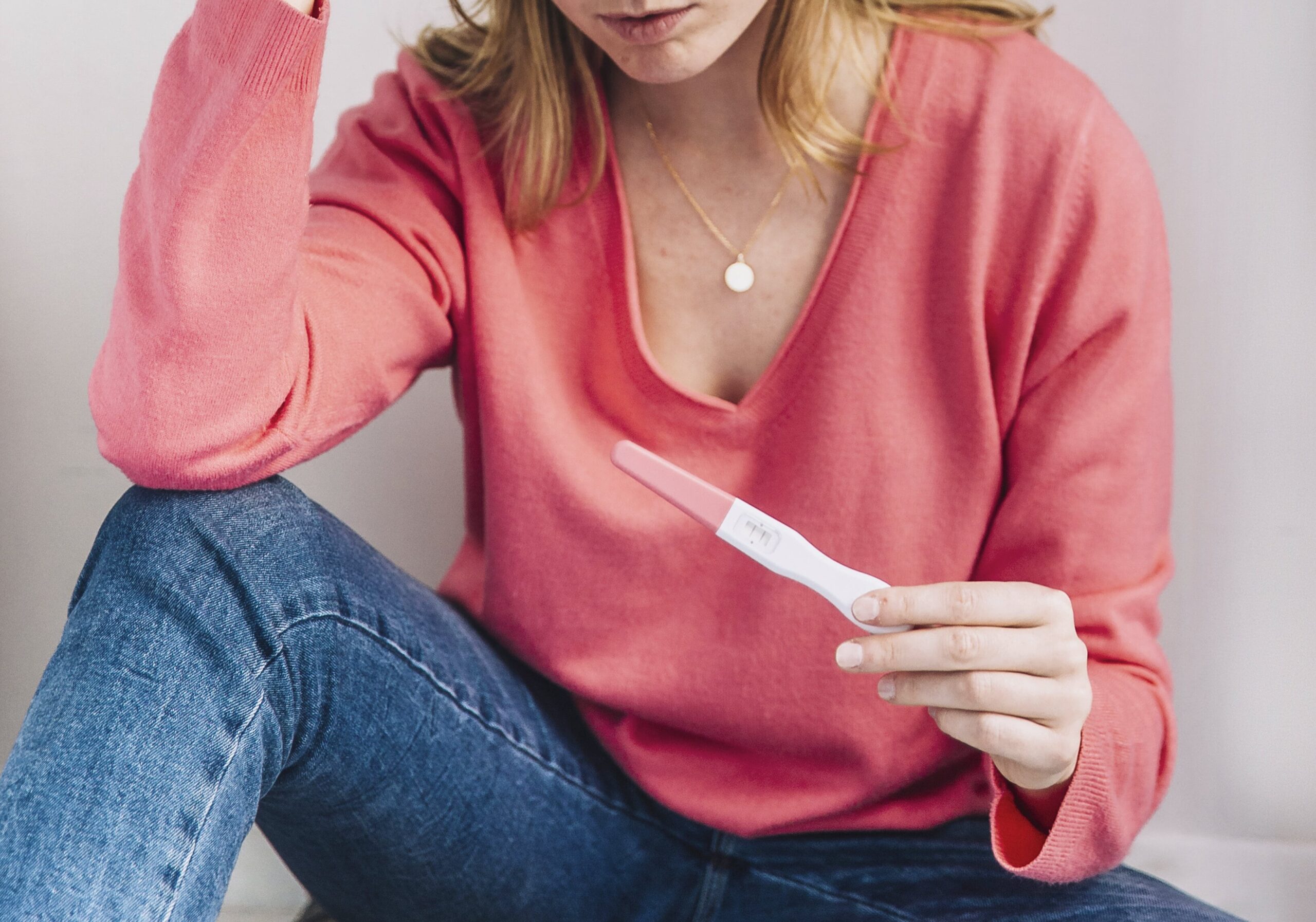What causes infertility?
When you’re given a diagnosis for a medical condition, the first question you tend to ask is “What caused this?” or “How did I get it?” While it may be distressing to learn about the potential causes that led to your medical issue, it’s important to learn about what contributed to the diagnosis. That way you’re able to determine if there is any way to reverse the effects or prevent it from worsening.
Infertility is experienced by millions of people around the globe, but not everyone’s case has the same cause. So what can actually cause infertility? That’s what we’re here to answer.
Read on to learn about the ins and out of infertility as well as the potential causes that can lead to it.
What is infertility?
Infertility refers to the inability to conceive after one year of sexual intercourse without using a form of birth control. The ability to conceive reduces as people age, which is why the time frame for an infertility diagnosis is reduced to six months for females over the age of 35.
Being unable to conceive can take a toll on your mental and emotional health, but it’s important to remember that you’re not alone. Infertility impacts millions of people across the globe, with 1 in 6 people being unable to conceive after one year of unprotected sex. That adds up to more than 180 million individuals.
Infertility can affect both males and females, with 9% of men and 11% of women struggling with fertility problems in the United States. While many individuals are diagnosed with infertility, couples can be as well, with up to 15% of couples in the U.S. struggling to conceive.
Some people may mix up infertility with impaired fecundity. While infertility means that a person or couple is unable to get pregnant after one year of trying, impaired fecundity refers to the physical difficulty of getting pregnant as well as carrying a pregnancy to term for a live birth.
Potential causes of infertility in females
When a couple is infertile, it can be due to an issue with either partner or a combination of both. But the causes for infertility are different between males and females. Let’s start off by looking at a few possible reasons for infertility in females.
Potential causes of infertility in females include:
- PCOS — Polycystic ovarian syndrome stems from hormonal dysregulation that causes abnormal hormone secretion and insulin resistance. This can lead to infertility because the hormonal imbalance interferes with ovulation. It can also cause irregular menstrual cycles and the formation of cysts on the ovaries.
- Endometriosis — Tissue inside of the uterus is called the endometrium. Endometriosis is a condition that causes uterine tissue to grow outside of the uterus, such as in the ovaries and fallopian tubes. The endometrium-like tissue, called endometrial implants, can block the fallopian tubes or cause scar tissue that can interfere with the fertilization of the egg.
- Early menopause — Females start to go through menopause between the ages of 45 and 55. If you stop menstruating before the age of 40, you’re experiencing primary ovarian insufficiency, also known as early menopause. That means that your ovaries are no longer producing normal amounts of estrogen or regularly releasing eggs, which can cause infertility.
Potential causes of infertility in males
Let’s take a look at the possible reasons that a male could experience infertility. If a man is infertile, it likely means that there’s an issue with their sperm in some capacity. There are multiple causes that can result in a male having sperm issues.
Potential causes of male infertility include:
- Abnormal sperm function — If a male has atypical sperm production or function, it can be caused by a variety of conditions such as undescended testicles, genetic defects or sexually transmitted diseases. Health problems like diabetes can also have an impact on sperm quality.
- Sperm delivery issues — Sometimes the problem isn’t with the sperm itself, but with the sperm being delivered to the egg. This can be due to premature ejaculation, a blockage in the testicle or a genetic disease. Reproductive organ injury or damage can also contribute to sperm delivery issues.
- Environmental factors -— Being overexposed to toxins and chemicals can be a potential cause of male infertility. This includes pesticides and radiation. Excessive exposure to intense heat, such as hot tubs or saunas, has also been known to contribute to fertility issues.
Risk factors of infertility
Not all infertility cases have an explanation for the cause, with 30% of couples being diagnosed with unexplained infertility. But there are also risk factors that can increase the likelihood of infertility in both males and females, including:
- Age.
- Smoking tobacco.
- Heavy alcohol use.
- Being overweight or underweight.
Fertility Cloud can help couples with infertility
As we’ve discussed, there are many potential causes of infertility both in females and males. But regardless of the cause, if there is one at all, there is treatment available to increase your chance of conception. That’s where we come in.
If you’re ready to treat infertility, contact our team by phone today for more information or book an initial appointment online with a fertility specialist.
While we work diligently to provide the most accurate and up-to-date information available, it’s important to remember that every individual’s fertility journey is unique. The advice and content on this blog are intended for general informational purposes only and may not apply to your specific situation. Fertility-related concerns should always be addressed by a licensed healthcare provider who can assess your personal health history and offer tailored advice. It is crucial to seek professional medical guidance to ensure that any treatments or recommendations align with your individual needs. Please consult with your doctor or a fertility specialist for a more personalized and thorough evaluation.






